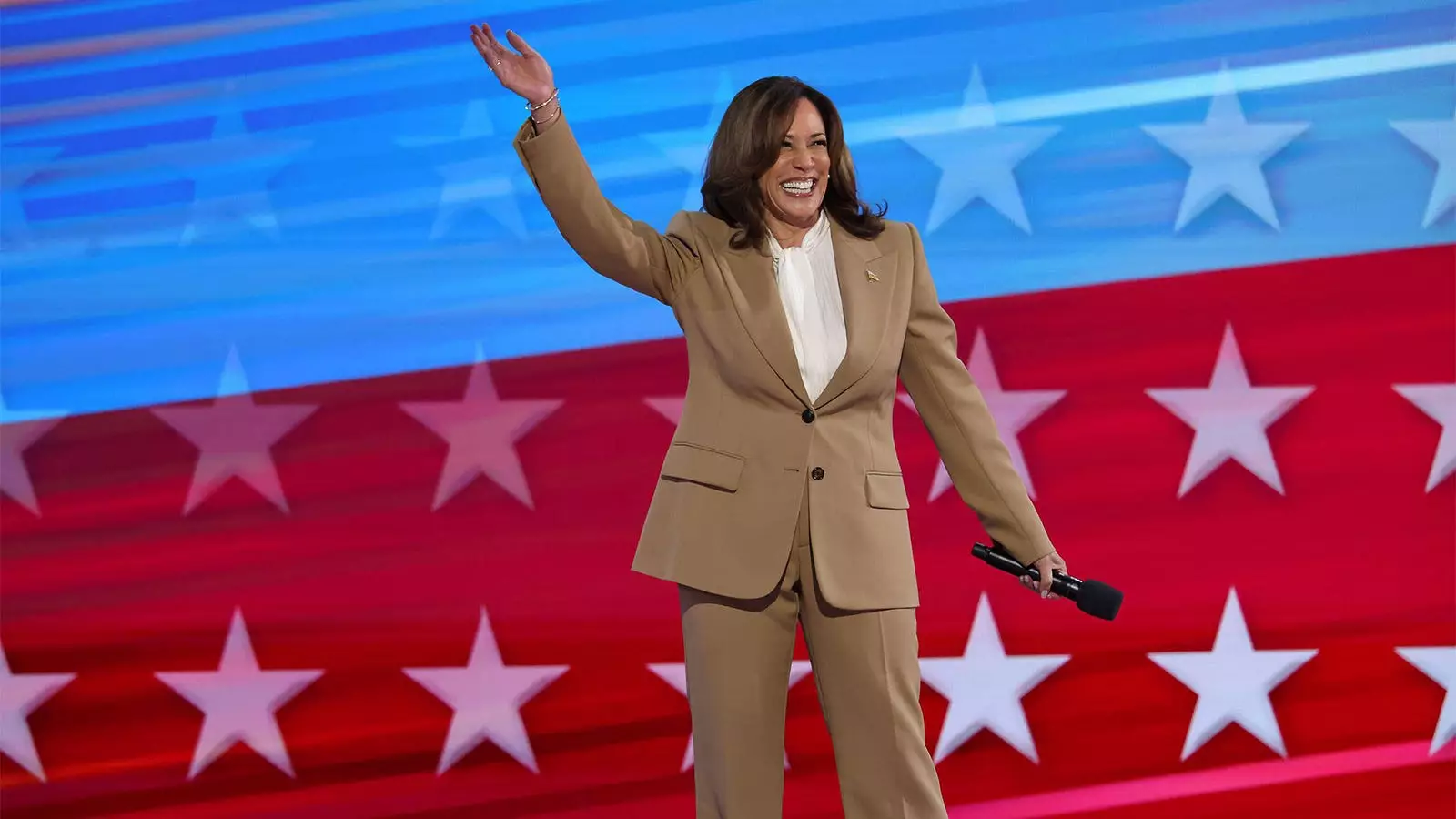As public scrutiny of President Biden’s health intensifies, the spotlight inadvertently shifts to Vice President Kamala Harris, whose medical history remains largely undisclosed. The absence of publicly available medical records or physician evaluations regarding Harris raises critical questions about the lack of transparency expected from public officials, especially those vying for the highest offices in the land. While Biden’s health has become a subject of extensive media coverage, Harris’s medical history remains curiously unexamined, echoing a broader concern about the accountability of politicians regarding their health status.
The electorate deserves insight into the health of those who occupy positions of immense authority—particularly leaders like the vice president, who may be called upon to take over responsibilities in times of crisis. T. Glenn Pait, MD, from the University of Arkansas for Medical Sciences, emphasizes the necessity for transparency, stating it is vital not just for the individual’s well-being but for the stability of the political system itself. Without sufficient health disclosures, voters are left navigating uncertainty when considering the capability of their leaders to fulfill their responsibilities effectively.
In a contemporary political landscape where visual representations often dictate public perception, understanding a leader’s health becomes paramount. Observing physical demeanor or reaction times during public engagements has transformed into a rudimentary form of evaluation. Whereas voters might previously rely on formal disclosures or records, today’s scrutiny occurs in real-time, with every stutter or misstep potentially interpreted as a sign of inadequate health.
Kamala Harris’s Specific Health Context
Kamala Harris’s health concerns are particularly salient given her family medical history. With her mother having succumbed to colon cancer at a relatively young age, there exists a heightened risk for Harris herself, prompting guidelines that recommend screenings much earlier than average for those with first-degree relatives suffering from such conditions. As Harris speaks passionately about breast cancer awareness, one has to question the implications of her own health checks or screenings. Yet, the media offers scant details about her medical appointments or related guidelines being followed.
Harris’s prior experience with COVID-19 adds another layer of complexity to her health narrative. After testing positive in April 2022 despite being vaccinated, Harris’s case attracted media attention that paradoxically combined both concern and intrigue. While she reported no symptoms and was promptly treated with Paxlovid, details of underlying health issues that may have contributed to the necessity for such treatment remain elusive. This adds to a broader disquiet about whether political figures like Harris accurately represent their health status to the public.
The question arises as to whether presidential nominees are legally obliged to disclose their medical histories. Dr. John Sotos, a retired cardiologist, points out there are no statutory mandates; instead, disclosures rely heavily on tradition and public expectation. While past nominees have voluntarily shared health summaries, the consistency and depth of these disclosures vary widely. Notably, John McCain set a precedent in 2008 by allowing reporters to analyze his health records comprehensively—an effort to mitigate concerns raised by his age during his presidential run.
However, the absence of mandatory disclosure regulations leaves candidates with considerable discretion over what they choose to reveal. This lack of obligation poses challenges—how can voters make informed decisions about their leaders when significant aspects of candidates’ health remain shrouded in ambiguity? The political climate encourages a hesitancy to grapple with the delicate balance of personal privacy against the public’s right to know, creating a quandary that hinders transparency.
Historical parallels abound when issues of health and leadership are examined. Steven Lomazow’s investigations into Franklin D. Roosevelt’s medical struggles during his presidency highlight dangerous precedents—leaders can continue to operate at the highest levels despite severe health issues, all while their conditions remain undisclosed. As history continues to mirror past failures in transparency, voters remain in precarious positions, attempting to navigate through a lack of insight.
Moreover, the ethical dilemma surrounding health disclosures in political candidacies needs to be addressed. Confidentiality norms and the doctor-patient relationship complicate matters, but as citizens, there is a pressing need to advocate for clearer communication and accountability from those in leadership positions. With every election cycle, the importance of health transparency only becomes more pronounced, underscoring the necessity for reform that ensures the public understands the health status of those who assume pivotal roles in governance.
The ongoing silence about Kamala Harris’s medical history reflects a larger issue within the political domain—a need for transparency that safeguards not just the individual’s health privacy but also the integrity of democratic processes. As voters, it’s vital to demand the answers necessary for informed decision-making in a politically charged atmosphere where every detail counts.


Leave a Reply